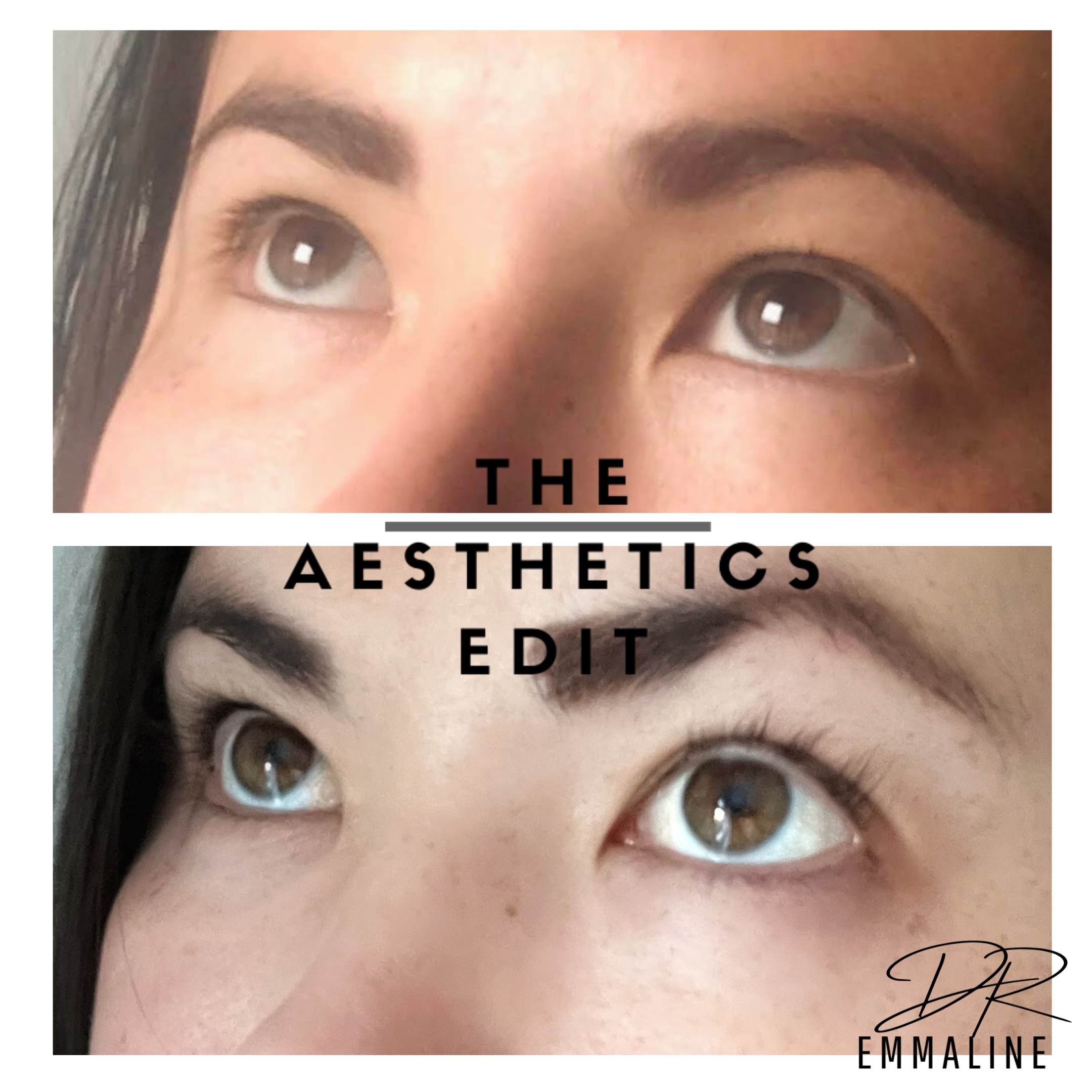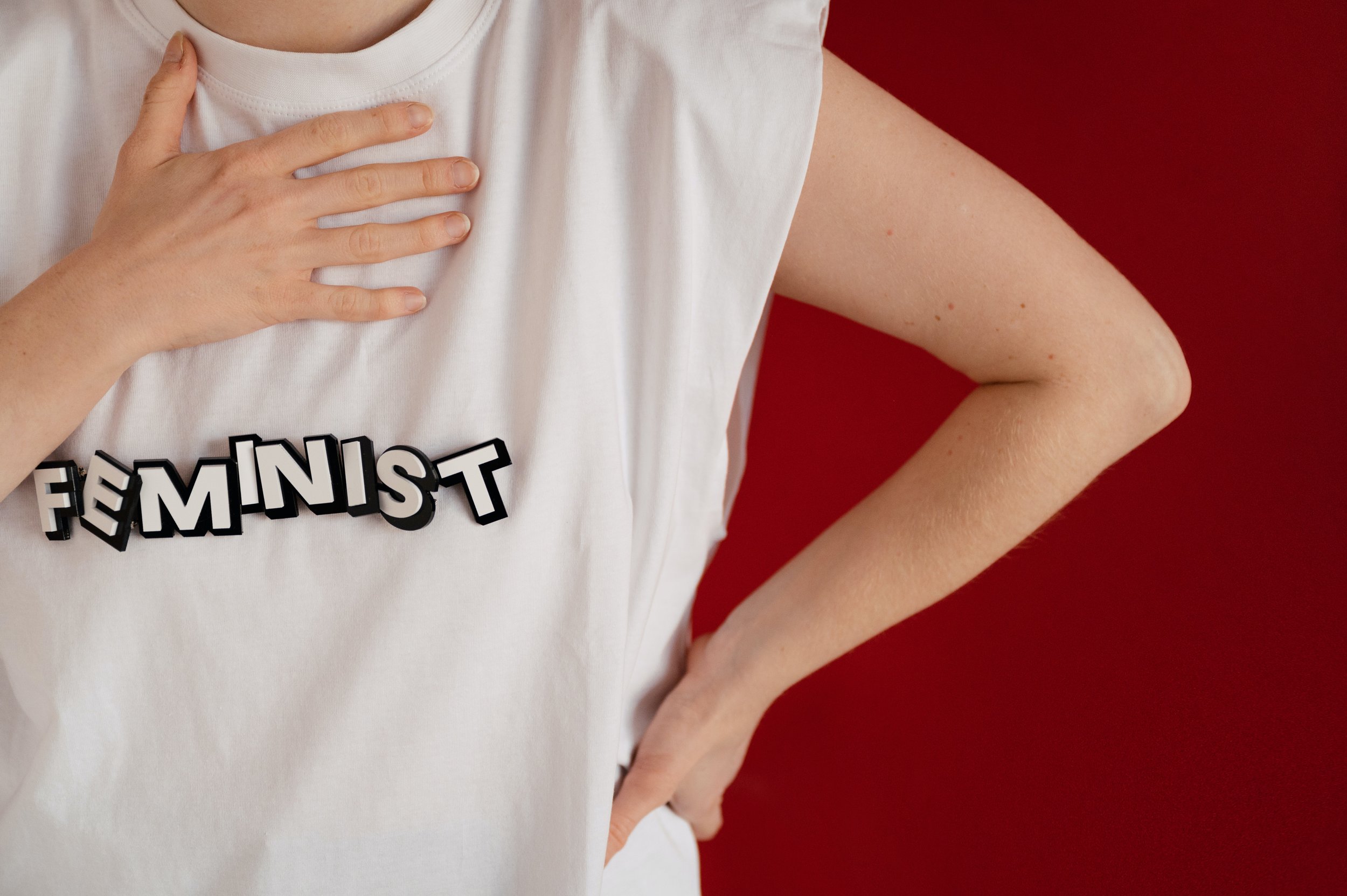Which Cosmetic Treatments and Skincare Ingredients are Safe in Pregnancy?
Pregnancy is such an exciting and beautiful time in a woman’s life, but it can also be confusing and scary to navigate all of the sudden rule changes about what you can and cannot do. We want to look after ourselves and the baby as well as possible - and for many women a huge part of self-care can often involve medical aesthetic treatments and our beloved skincare routines.
But things do change during pregnancy and breastfeeding, and there are some cosmetic treatments that are better to avoid. So we’ve created a handy graphic for you to refer to below:
This is by no means exhaustive, and as always consult with a healthcare professional if you are unsure.
Want to understand why you can have one treatment and not another? Read below to find out!
Can I have cosmetic surgery during pregnancy?
Major surgery is probably going to be off the table, but small procedures are possible.
The first thing to think about here is are local anaesthetic drugs safe during pregnancy? (You don’t want to have most medical procedures without a bit of numbing and pain relief!)
And the answer is yes! Injectable lidocaine is considered safe in the doses uses in most dermatological or small cosmetic skin procedures for pregnant patients. Along the same lines, topical anaesthetic drugs 2.5% lidocaine and/or prilocaine are considered safe (you might be more familiar with the names EMLA or LMX).
Anaesthetic agents that are more of an unknown entity due to lack of data include benzocaine, bupivacaine, mepivacaine, and tetracaine.
And what surgical procedures are safe? Stick with the minor ones - this includes things like skin tag removal or removal of benign skin lesions. For more major operations, it will be wiser to wait, and always take advice from an experienced surgeon after a thorough consultation.
Can I have Botulinum toxin treatments during pregnancy?
Unfortunately, no toxin treatments during pregnancy.
Why is that?
While there is no evidence that there is any harm associated with getting Botox while pregnancy, we don’t have the research to show that it is safe. The reason for this is that it would be unethical to conduct clinical studies on pregnant women when it comes to a treatment that can be postponed until after birth and breastfeeding has been completed.
What if I accidentally have a toxin treatment while pregnant?
Don’t panic! Current data suggests that toxin will not exist at any meaningful concentration in the bloodstream if being used for cosmetic procedures, and the size of the molecule makes it very unlikely to cross the placenta. While we take no risks when it comes to pregnancy and that’s why we just avoid toxin completely, it is unlikely that you will have accidentally caused your baby harm.
Can I have dermal fillers and lip fillers during pregnancy?
Again, the answer here is no!
We do not recommend fillers during pregnancy. Similar to Botox, the research doesn’t exist about harm or safety to the baby either way. Also, our bodies change massively during this time. There is often a huge shift in weight and fluid balance during and then after pregnancy, and it’s better to allow things to settle before engaging in a filler treatment. Remember, dermal fillers are made of hyaluronic acid which love to draw water to them!
Can I have chemical peels or facials in pregnancy?
You’re probably tired of hearing “No” now, aren’t you? I don’t blame you! But pregnancy doesn’t mean that you can’t get some beautiful self-care done for your skin!
In short, light glycolic or lactic acid peels are considered safe because they are not shown to penetrate deep into the dermis, but stay away from other ingredients.
Salicylic acid peels can penetrate into the dermis, especially if used over a large area, and is usually avoided. Other peels like Jessner peels or trichloroacetic acid (TCA) peels are also recommended to be avoided.
The good new is that facials are safe in pregnancy, so there are still options to give your skin a luxurious boost.
What about sclerotherapy in pregnancy?
This is an absolute no go during pregnancy. These treatments could theoretically cross the placenta! While it’s common for women to develop varicose veins during this time, they also tend to settle after the baby has been born. We would usually advise anyone to wait at least six months post-birth before seeking treatment.
Can I get laser treatments during pregnancy?
Lasers have been used safely in pregnancy in medical settings, however due to lack of safety data they are not recommended for cosmetic procedures.
What skincare should I avoid in pregnancy?
This is one of the things that I get asked about the most, so let’s summarise the medical-grade skincare ingredients you absolutely must avoid in pregnancy.
Retinols/retinoic acid - Oral retinoic acids are completely avoided in pregnancy because we know they can harm the fetus causing birth defects and liver toxicity, and this is extended to topical formulations as well!
Hydroquinone - This powerful ingredient is used to tackle hyperpigmentation and is a prescription product. It can often be found in under-the-counter skin brightening products at unsafe concentrations, and is absolutely unsafe in pregnancy!
Higher concentrations of salycylic acid (above 2%) - This is another ingredient that is avoided because we don’t have the data on safety in pregnancy. While it is a great acne ingredients, remember there are plenty of alternatives out there that we know are safe, including azeleic acid, lactic acid, or glycolic acid.
What skincare ingredients are actually safe?
Rather than listing every single ingredient that is safe, because most of them are and it’s better you have a one-on-one consultation with a medical professional, we’ll mentioned a few common and obvious ones. Azeleic acid at lower concentrations, hyaluronic acid, and good SPF are all easy and beneficial to use in your skincare routine.
But let’s touch on something quickly here! Be skeptical of a lot of these lifts of “things to avoid” if they’re not compiled by a medical professional or not referenced. I’ve heard to avoid chemical/organic sunscreens or parabens (absolute nonsense).
So while you cannot have your toxin, filler, and many chemical peels during pregnancy, there are still options available to look after your skin!
Want to know some specific options available to you? Read Etre Vous’s run down of the top 3 pregnancy skin treatments here.
So enjoy your pregnancy glow, and know you can have all of your favourite treatments as soon as you’ve stopped breastfeeding.
References
Trivedi, M K et al. “A review of the safety of cosmetic procedures during pregnancy and lactation.” International journal of women's dermatology vol. 3,1 6-10. 27 Feb. 2017, doi:10.1016/j.ijwd.2017.01.005

















It shouldn’t be complicated or controversial to say that a medical specialty should be medical. Unfortunately, in this case, it sometimes is.
Aesthetic medicine is exactly that - a medical specialty. Unfortunately, lack of regulation in the UK has trivialised this specialty, and while it clearly is related to beauty, it is vitally important that it is understood to be completely distinct and separate from beauty. Medical aesthetics treatments are NOT beauty treatments.
Beauty treatments, make-up, fashion - these all follow trends that are influenced by place, time, and culture.
Medical treatments should not be based on trends.